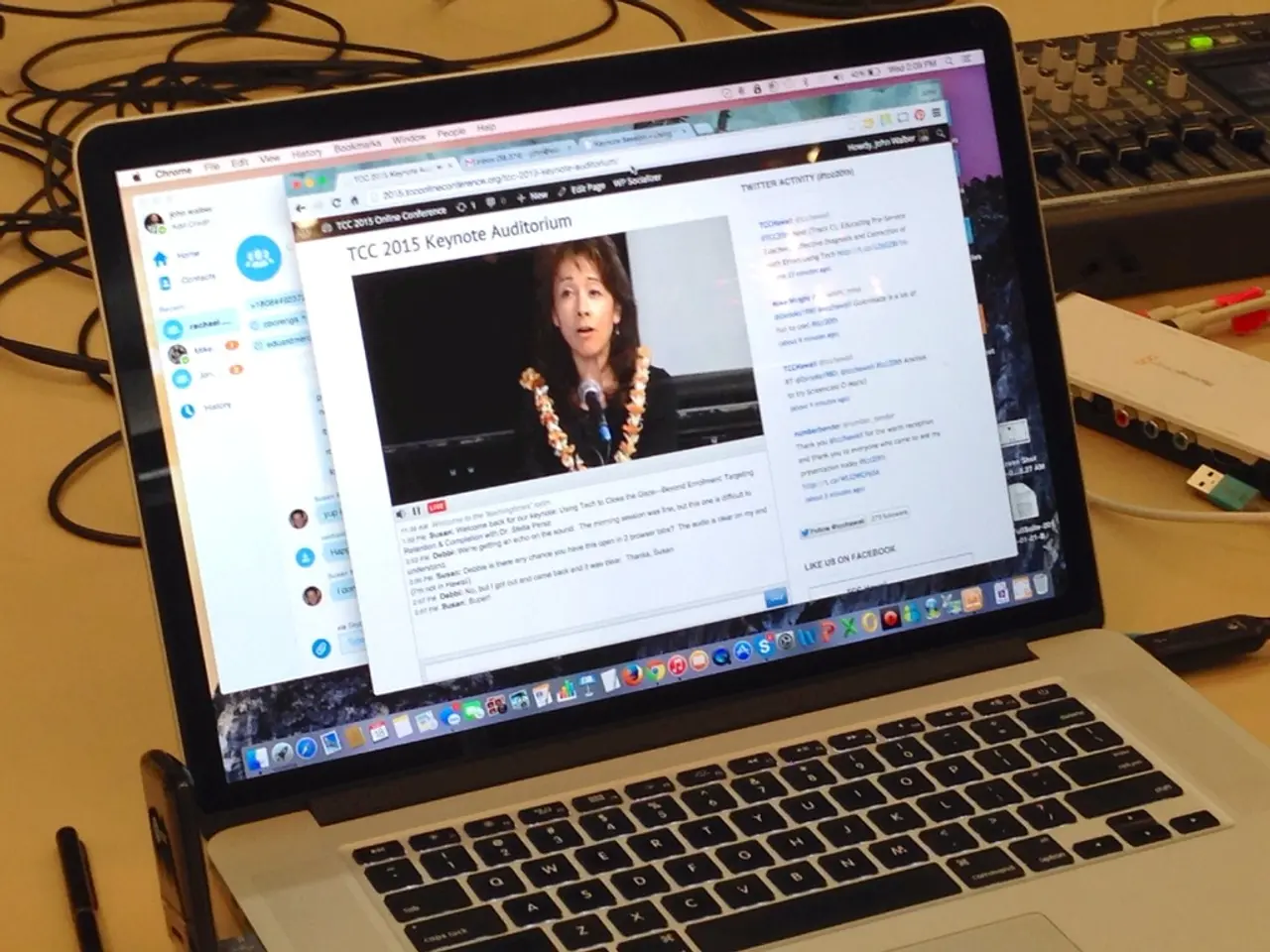European Media Freedom Act introduces new responsibilities for Media Service Providers (MSPs) and Video-on-Demand Service Operators (VLOPs)
Starting August 8, 2025, Very Large Online Platforms (VLOPs)—those with over 45 million monthly users—will be subject to new regulations under the European Media Freedom Act (EMFA). The EMFA aims to safeguard media freedom and pluralism in the European Union (EU) by imposing specific requirements on VLOPs.
Key requirements and guidelines for VLOPs under the EMFA include:
- Compliance Deadline: VLOPs must ensure full compliance by August 8, 2025, with further adjustments to meet evolving guidelines expected in autumn 2025.
- Scope of Obligations: The EMFA applies to all media service providers (MSPs) targeting EU audiences, whether inside or outside the EU, including VLOPs with or without editorial control over media content on their platforms.
- Editorial Responsibility and Content Moderation: VLOPs must implement robust procedural safeguards when intending to remove or restrict the visibility of professional media content, guarding against arbitrary or opaque content moderation practices.
- Procedural Safeguards on Content Removal: Article 18 of EMFA mandates that VLOPs respect fair content moderation processes, including ways for media companies to declare themselves as media service providers with editorial independence, thereby gaining specific protections against unjustified content removal.
- Declaration Functionality: VLOPs should allow media providers to declare their status flexibly, using functional rather than formal criteria for editorial oversight. This is intended to prevent discriminatory exclusion, especially of smaller, independent, or critical media outlets.
- Obligations Beyond Editorial Control: Even when VLOPs do not exercise editorial control, they have responsibilities regarding the media content offered on their platforms, including cooperation with manufacturers, developers, and importers of devices where these media services are consumed.
In summary, VLOPs under the EMFA must establish fair, transparent, and media-sensitive content moderation procedures, enable media providers to self-declare editorial independence to receive protections, and comply with comprehensive safeguards that bolster media pluralism and freedom online across the EU, with full enforcement starting August 8, 2025.
In addition, MSPs include TV and radio broadcasters, video on demand providers, audio podcast providers, newspaper publishers (online and offline), video-sharing platforms, and VLOPs that exercise editorial control. VLOPs must provide functionality for MSPs to make necessary declarations and accept or reject declarations without undue delay.
The EMFA also establishes the European Board for Media Services, which replaces the European Regulators Group for Audiovisual Media Services. This new media board will play a key role in curbing disinformation and foreign interference, as noted by the European Parliament.
VLOPs' obligations include making publicly available on an annual basis information on how many declarations have been rejected or invalidated, and how many direct dialogues with MSPs have taken place. Users will also have the right to change the configuration of devices or user interfaces used to consume media services, with provisions coming into effect on May 8, 2027.
Article 20 of the EMFA gives users the right to change the configuration of devices or user interfaces used to consume media services, with provisions coming into effect on May 8, 2027. VLOPs must set up systems to ensure that relevant information is published on the service and allow meaningful engagement with MSPs. VLOPs must notify MSPs before any of their content is removed or restricted.
The EMFA recognizes the EU public's right to receive editorially independent media content and protects journalistic sources. Concerns have been raised that Article 18 may allow false and misleading content to proliferate online, but the European Parliament notes that the EMFA creates a framework that allows national authorities to tackle systematic information manipulation, interference, and disinformation.
[1] European Commission. (2022). European Media Freedom Act. Retrieved from https://ec.europa.eu/info/publications/european-media-freedom-act_en [2] European Parliament. (2022). European Media Freedom Act. Retrieved from https://www.europarl.europa.eu/news/en/headlines/politics/20220602STO62333/european-parliament-adopts-historic-media-freedom-act [3] European Broadcasting Union. (2022). European Media Freedom Act. Retrieved from https://www.ebu.ch/en/ebu-news/2022/06/02/ebu-welcomes-european-media-freedom-act [4] European Data Protection Supervisor. (2022). Opinion 6/2022 on the European Media Freedom Act. Retrieved from https://edps.europa.eu/sites/edp/files/publication/22-06-02_opinion_6_2022_emfa_en.pdf [5] European Regulators Group for Audiovisual Media Services. (2022). EMFA: A new era for media regulation in Europe. Retrieved from https://www.erga.eu/wp-content/uploads/2022/06/ERGA-Policy-Brief-EMFA.pdf
- Under the European Media Freedom Act (EMFA), technology companies with over 45 million monthly users, commonly referred to as Very Large Online Platforms (VLOPs), are expected to adhere to new regulations starting August 8, 2025, aimed at safeguarding media freedom and pluralism in the European Union (EU).
- In the digital landscape regulated by the EMFA, VLOPs must establish fair, transparent, and media-sensitive content moderation procedures, ensure fair content moderation processes, and set up systems to publish relevant information and engage meaningfully with media service providers, commencing from August 8, 2025.




